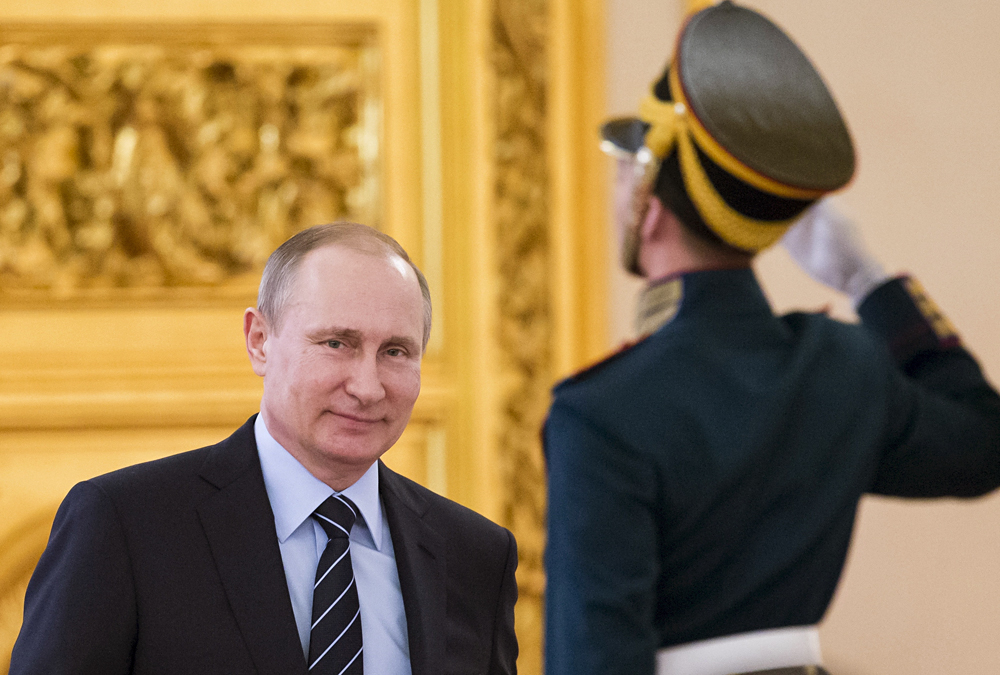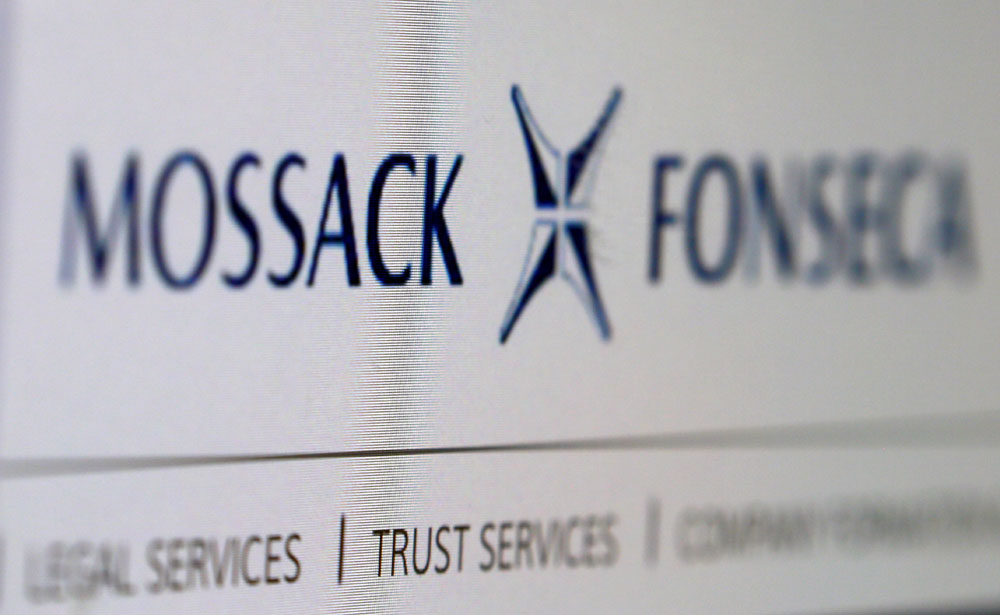Panama Papers scandal: Russian state TV explains away Roldugin's billions

Petersburg State Conservatory head Sergei Roldugin.
EPA / Vostock-photoAs the echoes of the Panama Papers offshore leak continue to reverberate around the world, Russian President Vladimir Putin and State Hermitage Museum director Mikhail Piotrovsky have appeared on state television to defend cellist Sergei Roldugin, the man accused of shuttling $2 billion through offshore accounts, allegedly as caretaker of Putin’s fortune.
Roldugin received his business from philanthropic entrepreneurs, while the Panamanian offshore accounts were part of a special operation by the Russian security services, according to a report broadcast by the Rossiya 1 channel’s Vesti Nedeli ("News of the Week") program on April 10.
As well as quotes from Putin and Piotrovsky, the report featured an interview with Roldugin himself, who – according to an investigation by the International Consortium of Investigative Journalists into leaked documents from Panamanian law firm Mossack Fonseca – allegedly owns trusts and offshore companies with a turnover of several billion dollars.
Philanthropic entrepreneurs
According to Putin, who has a long-standing friendship with the cellist, Roldugin does not earn billions, even if he tries to do business, like "many creative people in Russia."
"But what is his business?" said Putin. "He is a minority shareholder in one of our companies, and earns a bit of money there."
It is public knowledge that Roldugin is a minority shareholder in Bank Rossiya. According to the bank's documents, the cellist acquired a 3.96-percent stake for 375 million rubles in 2005 ($13 million, according to the 2005 exchange rate), via an additional share issue.
According to the Vesti Nedeli report, Russian philanthropists (their names were not disclosed) allegedly gave "a small share in business" to Roldugin, so that he could support culture with his own means and not "beg" anymore.
In the interview, the cellist told a story about how he had to "beg" for musical instruments for young talents.
"I went around begging from everyone I could find, because the instruments are expensive," he said.
"I just wanted to have the best instruments, the best professors, the best halls. <...> It costs a fortune. So I went around asking."
Thanks to his “business,” Roldugin was able to earn enough to buy very expensive instruments abroad, bring them to Russia and transfer the ownership to state institutions. Almost all the money went into this, Putin explained in the report.
Saving a palace
Another of Roldugin's "assets," the investments into which are measured in billions, is the Alexeyevsky Palace on the Moika River in St. Petersburg. It now houses an organization called the St. Petersburg House of Music, of which the cellist has served as artistic director since 2005.
According to Roldugin, the palace survived troubled times thanks to him. There was a time when they "would be constantly shooting" outside (this is how spheres of influence were divided in St. Petersburg during the 1990s), while "escort women for criminals of all kinds crowded" inside. The company that rented the palace for 11 years neglected it.
"Drainpipes were directed into the basement so that everything should soak and collapse, allowing it to be pulled down or bought for a penny. In fact, we saved the palace," said Roldugin.
Offshore companies for a special operation
Rossiya 1's report also attempted to clarify the situation with Roldugin's offshore firms in Panama, which, according to the ICIJ's investigation, keep the money of Russian state-owned companies in their accounts. The report claimed they were part of a special operation by Russia’s security service, the FSB, and were used as a cover.
According to the report, in 2008 the FSB learned about the interest of the U.S. intelligence services in Russia's telecommunications assets. Vesti Nedeli claimed that it had received this information from an FSB officer.
The Americans were allegedly interested in the National Telecommunications holding company, owned by Russian businessman Suleiman Kerimov. Through American companies, the U.S. almost succeeded in buying the holding company from Kerimov, who had already transferred its assets to offshore companies.
Realizing that the cable networks, with an audience of tens of millions of viewers, were about to go to a foreign operator, it was decided to quickly return the assets to the country. But the shares in National Telecommunications were estimated at $1.5 billion at the time.
The state could not quickly collect this sum in amounts held in offshore companies ("and that is exactly where our cable networks needed to be bought back," the FSB source explained), and to save time, it appealed to the business community.
As a result, in April 2008, a pool of Russian companies bought back all the shares through Panamanian offshore companies and passed the assets to the state-owned company Rostelecom.
Subscribe to get the hand picked best stories every week
All rights reserved by Rossiyskaya Gazeta.
Subscribe
to our newsletter!
Get the week's best stories straight to your inbox

